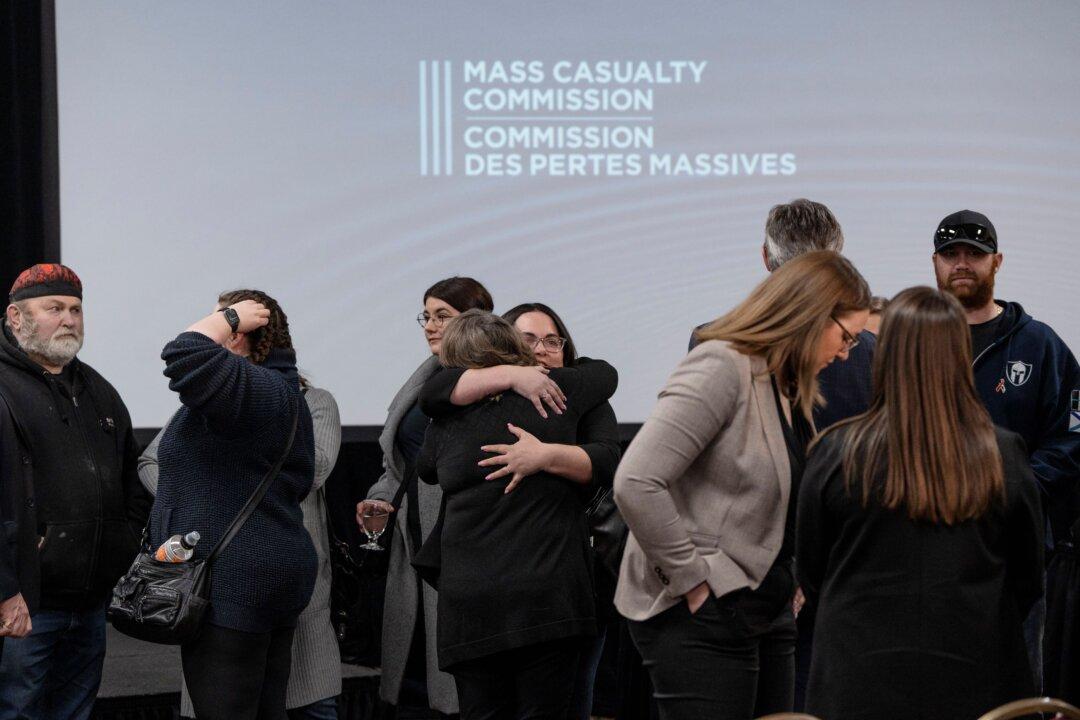The inquiry into the 2020 Nova Scotia mass shooting has released its final report, condemning the RCMP for its failures in responding to the tragedy while calling for an overhaul in how the force operates.
“More than two years after the event, RCMP leadership had done very little to systematically evaluate its critical incident response to the deadliest mass shooting in Canada’s history,” said the Mass Casualty Commission’s report released on March 30.





